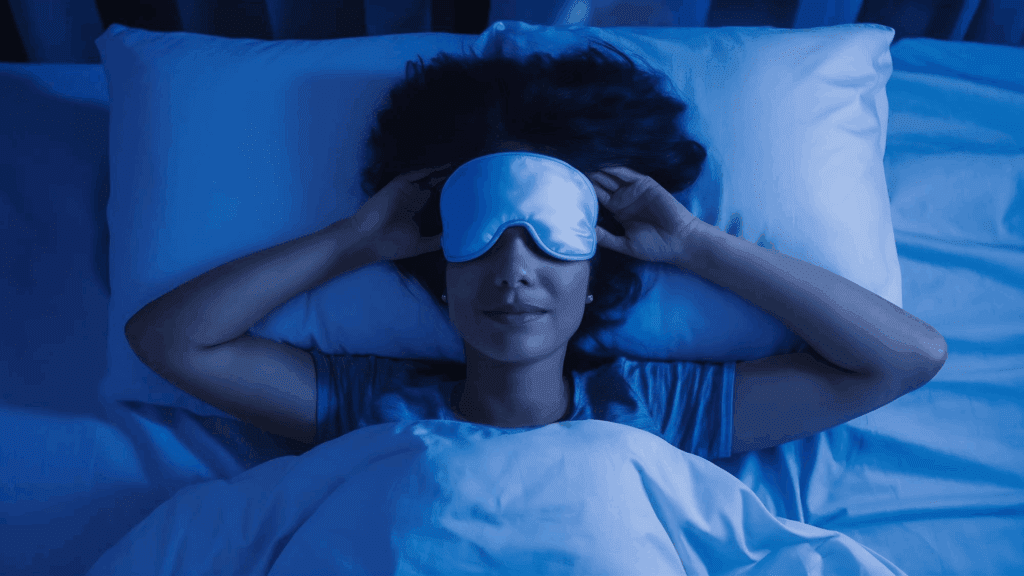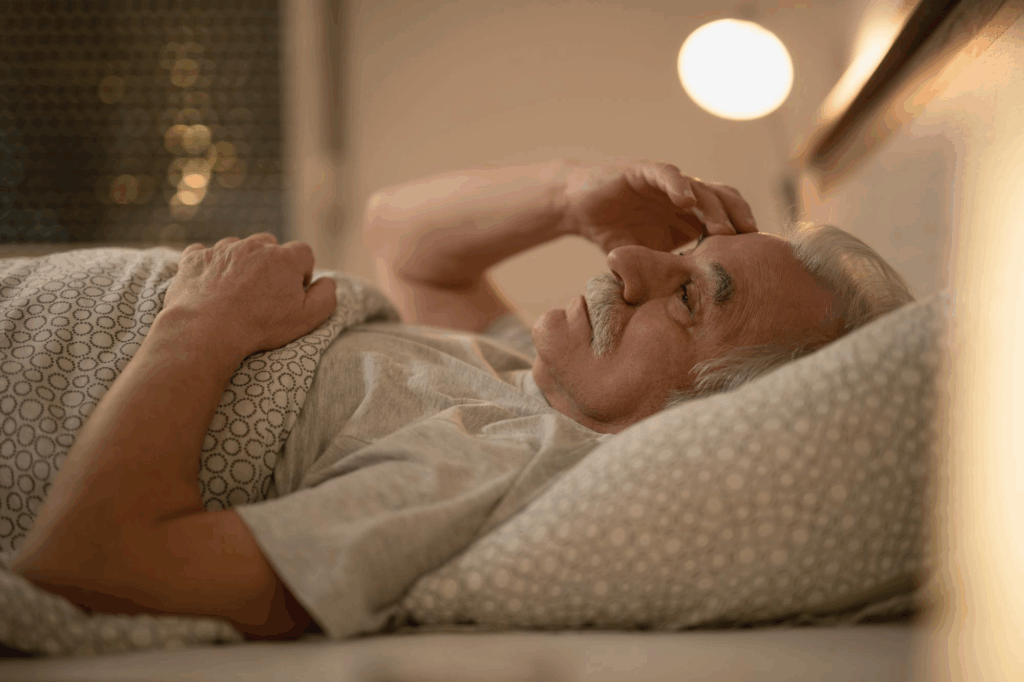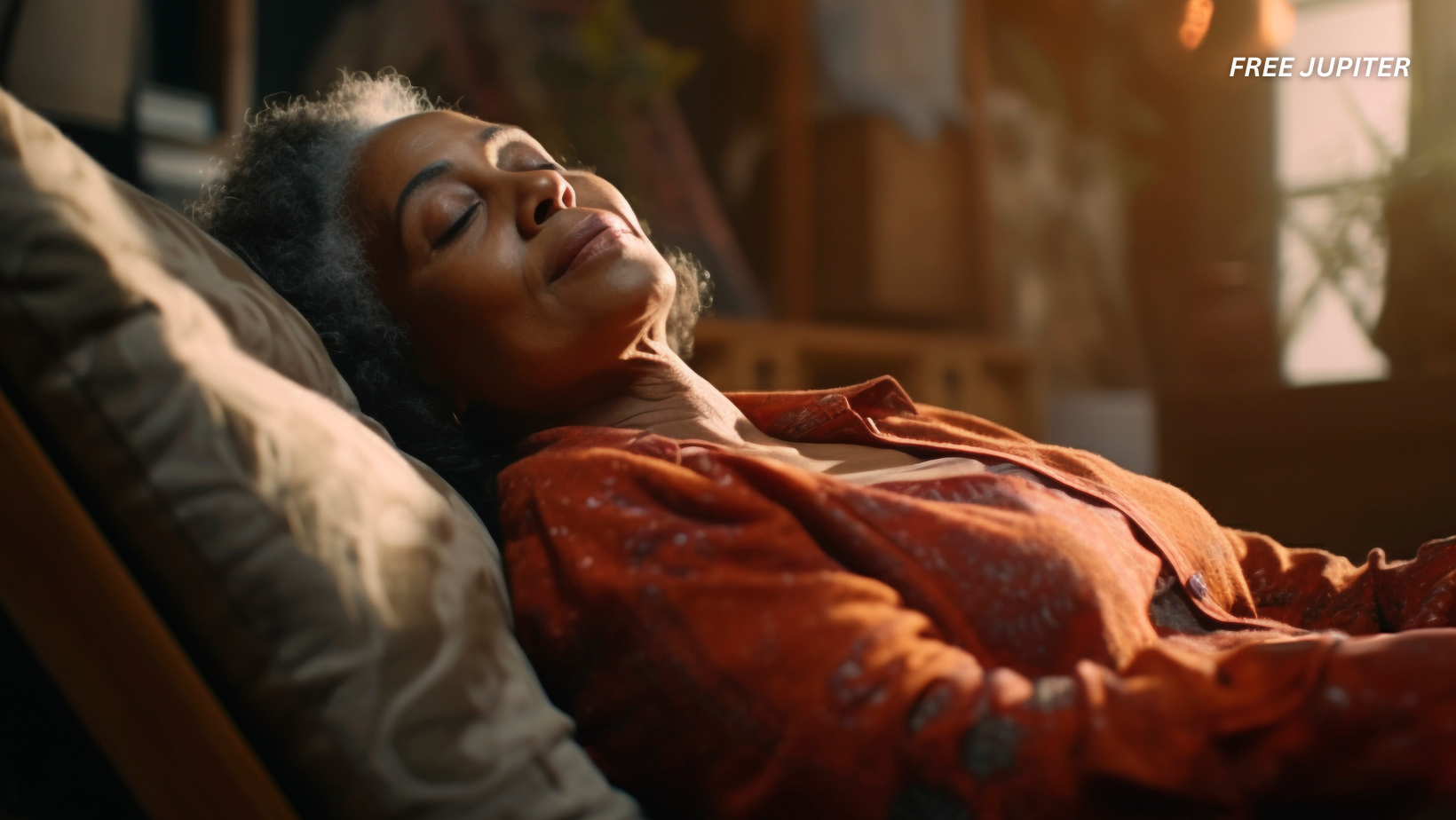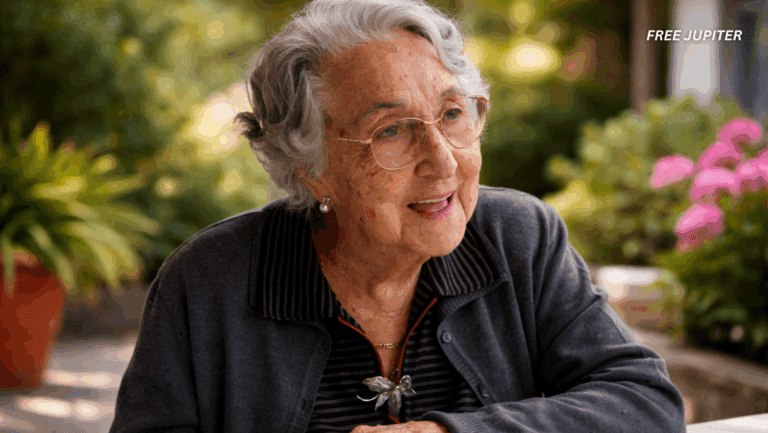Friendly Note: FreeJupiter.com shares general info for curious minds 🌟 Please fact-check all claims—and always check health matters with a professional 💙
Have you noticed you tend to wake up earlier as you get older, even if you went to bed late? You’re not alone. This isn’t a random change, and it doesn’t mean something is wrong. It’s part of a larger biological pattern that comes with aging. What once seemed like a personal quirk is now supported by scientific evidence.
Our bodies are deeply tied to rhythms, especially sleep-wake cycles that respond to light, hormones, and internal clocks. As we age, those rhythms shift. The time we get tired moves forward, and the time we naturally wake up does the same. Understanding why this happens can reduce frustration and help you make the most of your mornings.
Your Internal Clock Moves Forward
The body’s master clock, or circadian rhythm, governs when we feel alert or sleepy. As people age, this clock tends to shift earlier. The change affects when you feel drowsy at night and when you wake up naturally in the morning.
For example, a person who once felt sleepy at midnight may now feel the urge to sleep by 9 p.m. That same person might wake up at 5 a.m., even if they don’t want to. This adjustment is not harmful. It is part of how the body matures and reacts to internal and external signals.
Melatonin Secretion Starts Earlier
Melatonin is a hormone that helps regulate sleep. In younger people, melatonin levels rise later in the evening. In older adults, this hormone begins to rise earlier, triggering earlier sleepiness.
When melatonin peaks early, it resets the clock for when the body thinks it’s time to wake up. Even small changes in hormone timing can shift the sleep schedule by hours. That’s why many older adults wake up before sunrise, even without an alarm.
Sleep Becomes Lighter and Shorter
As we age, our bodies spend less time in the deepest stages of sleep. These are the stages responsible for restoration and memory consolidation. With less deep sleep, you’re more likely to wake up during the night and early in the morning.
Older adults also experience more frequent brief awakenings. This can make it seem like you wake up easily and never fall back into a deep sleep. Though the total hours of sleep may not change much, the quality of rest often does.
Light and Sound Interrupt Sleep More Easily
Sensitivity to environmental stimuli increases with age. Early morning light, birds chirping, or neighborhood sounds may not bother younger people, but they can wake up older adults.
This increased sensitivity can affect sleep depth and timing. A small amount of light filtering through curtains may trigger alertness. Once awake, the body may decide it is time to get up, even if the clock says it’s too early.
Read More: Insomnia Isn’t Just About Sleep, Your Personality Plays a Huge Role
Mental Activity Begins Earlier
The mind tends to start processing thoughts sooner in the morning with age. Older adults may find their thoughts racing early in the day. These early morning thought patterns often include planning, worry, or simply reviewing past events.
This mental activity can interfere with falling back asleep. If you wake up and immediately begin thinking about your to-do list, your brain may interpret it as time to rise. Mindfulness and breathing exercises can help settle your mind during these early wake-up moments.
Health Conditions and Medications Matter
Age brings a higher chance of developing health conditions that impact sleep. These include arthritis, heart issues, or bladder problems that require nighttime trips to the bathroom. These interruptions can lead to waking up early and not falling back asleep easily.
Medications may also play a role. Drugs for blood pressure, depression, or pain may affect sleep cycles. Some wear off by morning, causing your body to wake up as the effects fade. Reviewing your prescriptions with your doctor can help pinpoint the cause.

Lifestyle Habits Reinforce Early Sleep
Your routines may shift as you age. Eating dinner earlier, limiting social outings, or cutting back on evening screen time can move your sleep schedule forward. Over time, these patterns condition your body to expect rest earlier.
Once your bedtime shifts, your natural wake-up time follows. This is especially common for retirees or people without strict morning schedules. These habits may make early mornings feel natural and unavoidable, even when not intentional.
Natural Changes in Sleep Needs
It’s common to need slightly less sleep as you age. Instead of eight hours, many older adults feel well-rested after six or seven hours. This reduced need may lead to earlier waking up times, especially if you still go to bed early.
Rather than trying to sleep longer, focus on consistency and quality. Stick to regular sleep hours and make sure your environment supports restful sleep. Wake up at the same time each day, even on weekends, to maintain a steady rhythm.
Read More: Sleep Expert Identifies Six Sleep Patterns That May Indicate Underlying Health Conditions
When Waking Up Early Becomes a Problem
Most early waking up is harmless, but sometimes it can signal deeper issues. If you feel tired all day or struggle to function, it may be a sign of insomnia or depression. Consistently waking too early and feeling unrefreshed may require medical attention.
Talk to a sleep specialist if you notice other symptoms like irritability, memory problems, or ongoing fatigue. Sleep tests and therapy can uncover problems like sleep apnea or restless leg syndrome. Don’t ignore early waking up if it affects your quality of life.
Waking Up Earlier With Age

Waking up earlier as you grow older may seem like an inconvenience at first, especially if you miss late-night routines or lazy sleep-ins. But it is not a flaw or something broken. It is a natural and expected shift in how your body regulates rest. Aging brings changes in hormones, sleep depth, health, and daily habits. All of these contribute to earlier mornings. The important thing is recognizing these changes as part of a healthy, adaptive process.
Rather than resisting it, many people find peace in embracing this new rhythm. Early mornings offer quiet, undisturbed time that can be used for creativity, reflection, or personal care. They can also be a chance to connect with nature or start the day with clarity. Learning how to support your body’s changing sleep needs, through consistent routines, healthy lifestyle choices, and good sleep hygiene, can make these early wake-up times feel more like a gift than a problem.
If your sleep schedule starts to interfere with daily life or leaves you feeling drained, seek guidance. Often, simple adjustments or conversations with a healthcare provider can restore balance. The goal is not to sleep like you did in your twenties, but to sleep in a way that supports who you are now. Your wake-up time may have changed, but your ability to feel well-rested, energized, and grounded each day is still very much within reach.
Disclaimer: The information in this article is for general informational purposes only and is not medical advice. We are not doctors, and this website is run as a family hobby project. Always consult a qualified healthcare professional before making decisions about your health. Please fact-check any claims and use this content as a starting point, not a substitute for professional guidance.










